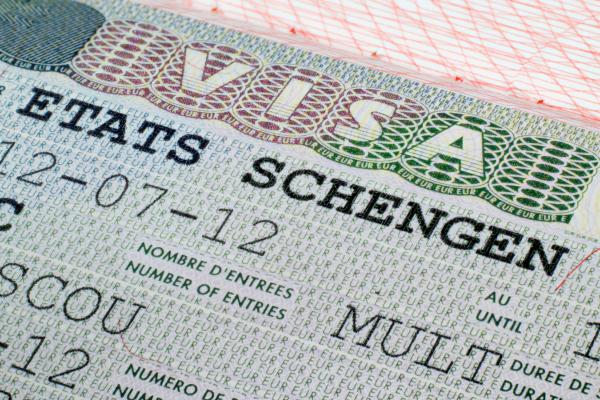MEPs from the Civil Liberties Committee have backed proposals that would see border controls in the Schengen area introduced only in case of emergency.
On Wednesday, MEPs adopted a draft report on the reform of the Schengen Borders Code with 39 votes in favour, 13 against, and 12 abstaining, and authorised the start of negotiations with the Council with 49 votes in favour, 14 against, and 0 abstentions. In response to increasingly permanent border controls within the Schengen area, the proposal seeks to clarify rules, strengthen free movement within the EU, and introduce targeted solutions to genuine threats.
MEPs want to ensure a coherent EU response in cases of large-scale public cross-border health emergencies, allowing temporary restrictions on entering the Schengen area, but exempting from them EU citizens, long-term residents and asylum-seekers.
The new rules will facilitate police co-operation in border regions. If third-country nationals with unresolved status are apprehended during joint patrols and there is evidence that they come directly from another EU country, these people can be handed over to that country if its representatives are involved in the joint patrol. MEPs want to exclude several categories from such returns, including unaccompanied minors.
The proposals would also allow for the reintroduction of border controls in several countries when the Commission receives notifications about a particularly serious threat affecting a majority of countries simultaneously for a period of up to two years. After the vote, rapporteur Sylvie Guillaume (S&D, France) said:
“Protecting the Schengen free movement area and what it represents for 450 million Europeans is at the heart of this report. The negotiations have been difficult, but I am delighted we have managed to safeguard the essence of one of the European Union’s greatest achievements.”
Parliament has issued a statement on the reform of the Schengen Borders Code “to strengthen mutual trust and solidarity and to ensure the integrity and full restoration of the Schengen area”, which currently covers 27 countries.
